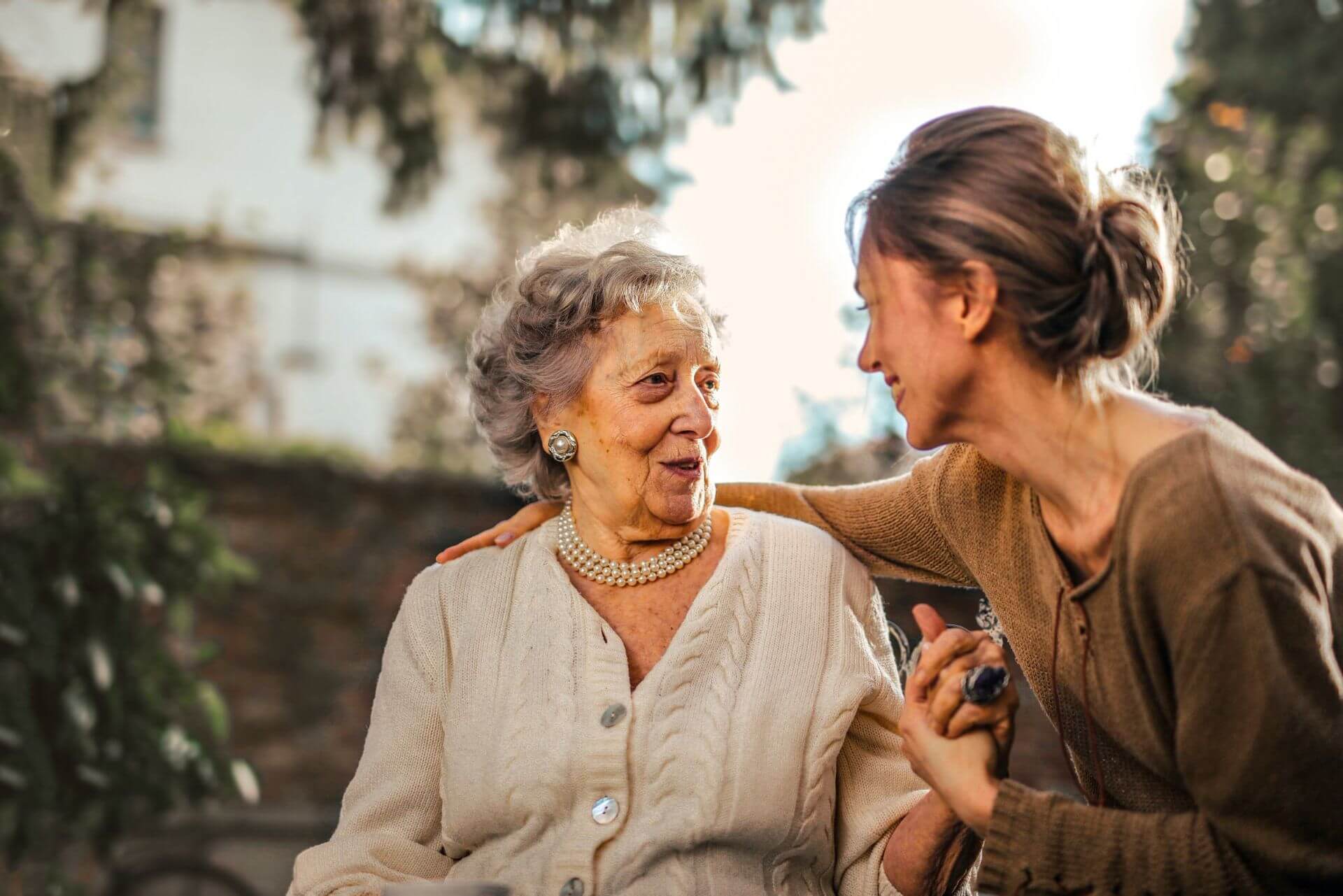All posts
Signs of Loneliness in the Elderly
Are you worried an older loved one might be lonely? Loneliness can have serious impacts on our mental and physical health. In fact, studies show feeling lonely increases our likelihood of earlier death by 26% – greater than the risk for obesity. Unfortunately, social isolation is common in the elderly. Research shows that at least 13% of older […]


Are you worried an older loved one might be lonely?
Loneliness can have serious impacts on our mental and physical health. In fact, studies show feeling lonely increases our likelihood of earlier death by 26% – greater than the risk for obesity. Unfortunately, social isolation is common in the elderly.
Research shows that at least 13% of older adults over 65 experience loneliness, and those over 75 are more likely to be lonely than any other age group.
Some common causes of loneliness in older adults include:
- Disability
- Death of spouse
- Death of friend or family member
- Not living near family
- Transportation challenges
- Moving into aged-care facility
- Poor health and wellbeing.
The following signs may indicate your older loved one is lacking human connection.
Restless sleep
If your loved one complains about being tired or struggling to fall or stay asleep, ask them how they’ve been spending their days. Loneliness can lead to restless and fragmented sleep.
Changes in frequency of phone calls
Pay attention to your loved one’s phone patterns. Both the increase and decrease in communication may indicate they feel lonely. If you’ve noticed a change in the frequency of their texts or calls, it might be worth checking in on them.
Loss of mobility or ability to drive themselves
Mobility issues and losing the ability to drive themselves can impact social connections. Help them maintain their social life and important appointments by offering to drive them or helping them find alternate arrangements for transport.
Increased spending habits
Has your loved one been buying more material items than they normally would? People who are lonely may increase their purchasing habits as a way to compensate for a lack of social connections, or simply as a way to fill their time.
Frequent hot showers and baths
Research has found a link between physical warmth and social ties. It’s been found that people who are lonely may use physical warmth, such as hot showers, as a substitute for human connection.
Increased time spent at home
If your loved one is spending more and more time at home without the company of family or friends, this could be a warning sign that they’re socially isolated.
RAQ offers support to older people in Queensland through a range of free services aimed at providing education, advice, and referrals.
This includes our free Senior Social Connection Program, helping older people in the Northern Sunshine Coast and Gympie region connect with local services, meet likeminded peers, and improve their community connections.
You can learn more about our range of Senior Relationship Services here, or call 1300 364 277 for help finding the right support.
Discover 10 easy ways you can help lonely seniors in this blog post.
Back to all posts